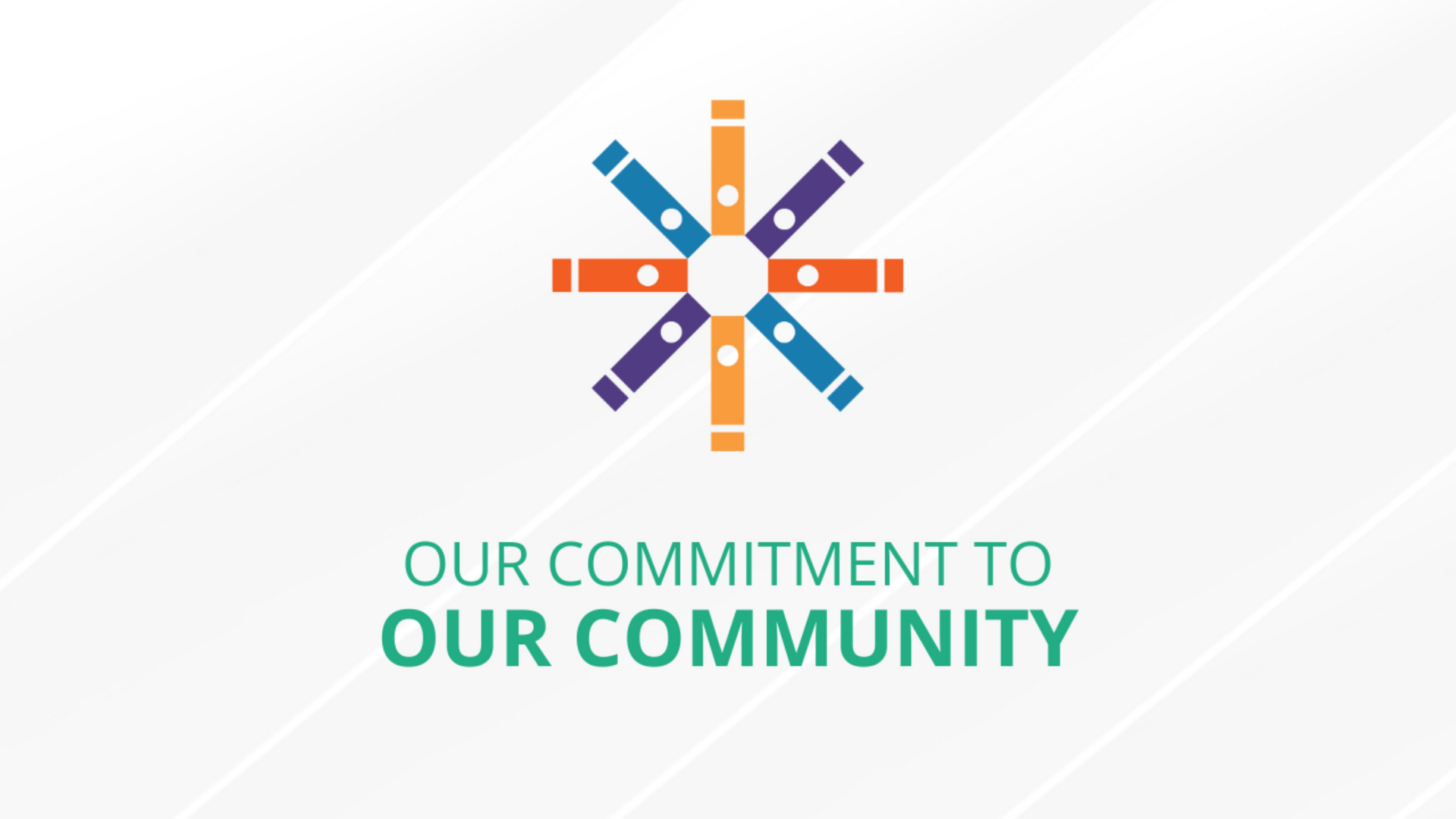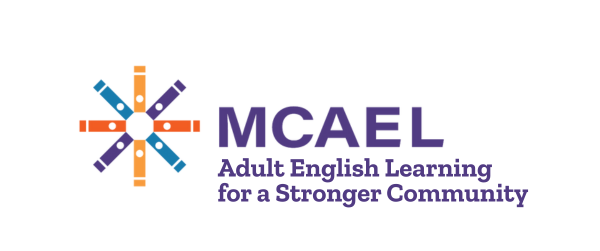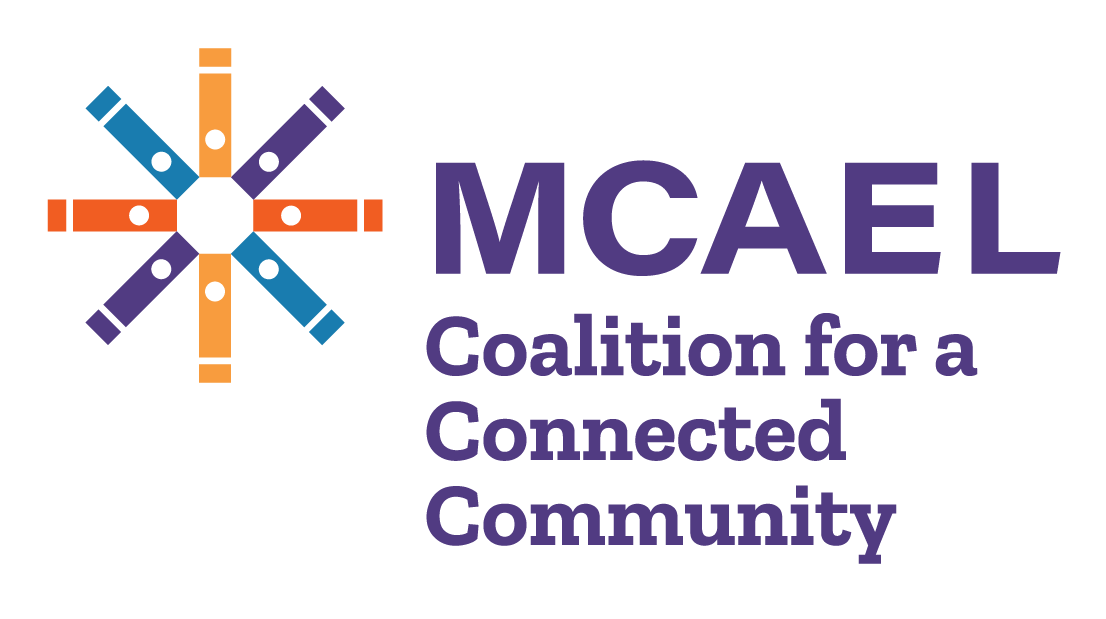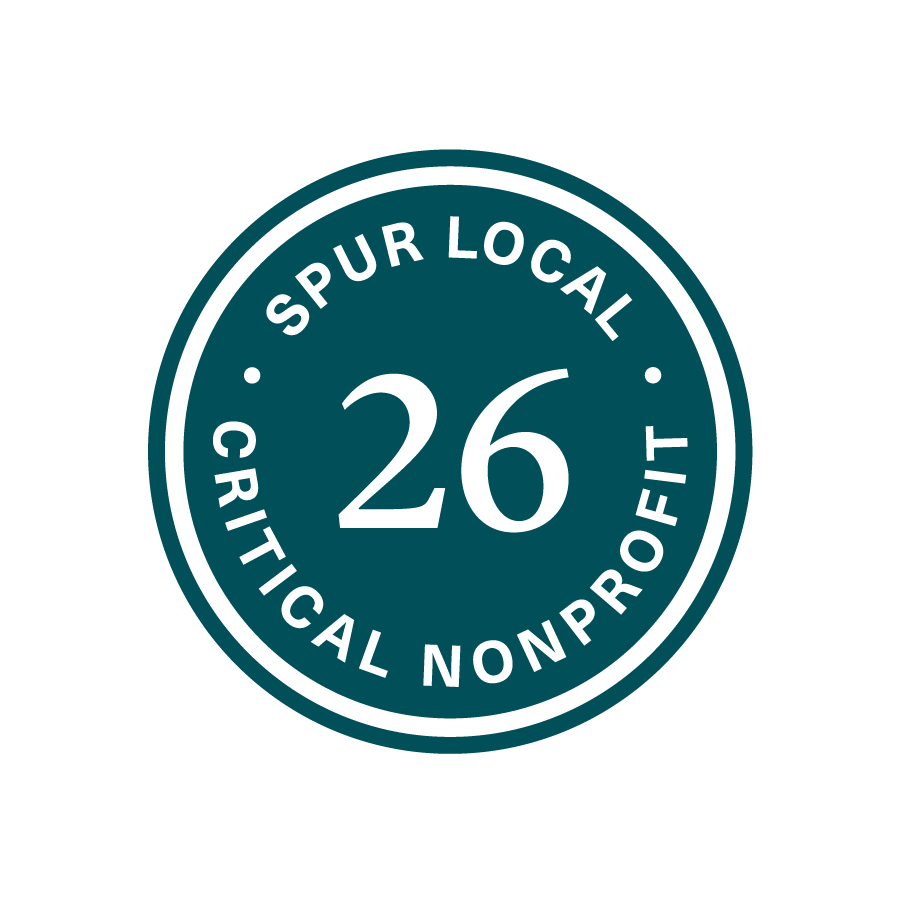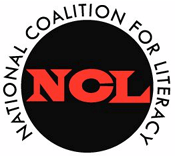People of MCAEL - Meet Claudia Ramos
It’s MCAEL’s 15 year anniversary, and we’re celebrating with a “People of MCAEL"
The "People of MCAEL" series features first person insights and photos from some of the wonderful people involved in English language learning in Montgomery County, MD. You’ll find stories here and on Facebook, Instagram, LinkedIn, and Twitter; please share and use our hashtag #MCAEL15. We know this coalition thrives because of committed people like you; thank you!
Today we’re introducing our first profile: Claudia Ramos
“When I first came from El Salvador, I lived in Texas. Then my best friend from childhood invited me to visit her in Maryland. I came in February, and it was snowing; I loved it! She asked me to work at her childcare business and I moved here in 2008. I’ve been here ever since; now I have my own family.
Without English, you can’t express yourself here. I remember the early days when I would buy something that didn’t work or fit, but I didn’t know what to say at the return counter, so I’d have to keep it.
At first, I used to translate phrases from English to Spanish literally. For example, I thought ‘homesick’ was ‘being at home sick.’ The word we would use in Spanish is more like ‘nostalgia.’ My mother is a retired teacher in El Salvador; we connect over phone calls. I haven’t been able to visit since I left. The word ‘homesick’ describes how I feel about missing my family and childhood home.
My ESL teacher at the Ana Brito Foundation pushes us to do our best. I was about to give up because of my schedule—work, parenting and classes were a lot. She said that I was a good student, and she would help me. I like that she doesn’t go easy on us. She understands her students; she was an ESL student herself in
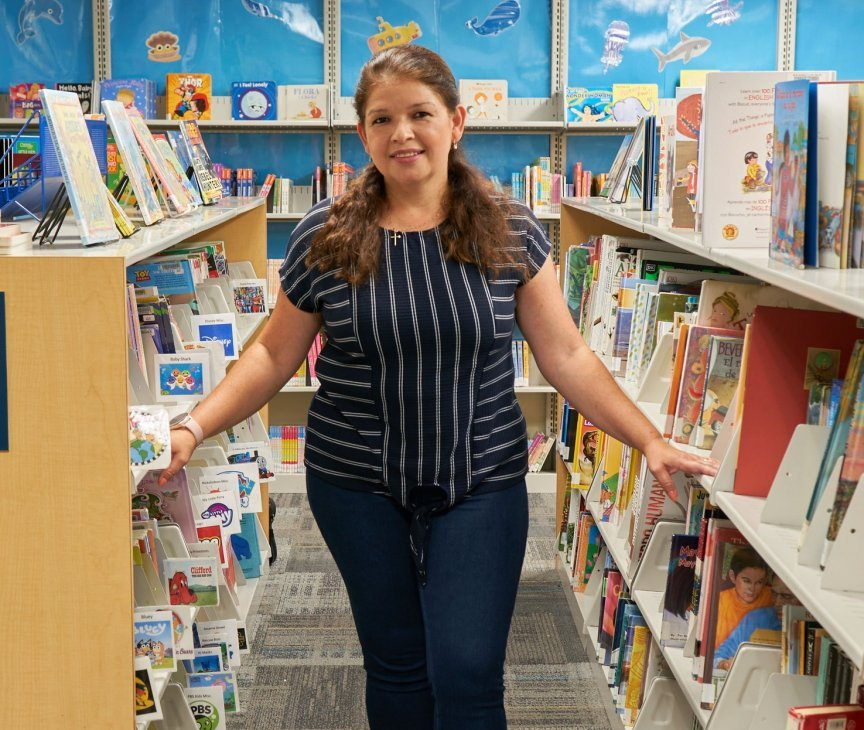
2003 and attended Montgomery College—she’s a good example for us. I also take conversation classes at the Gilchrist Center. Now I can review my daughter’s work and talk at the teacher’s conferences and doctor’s appointments.
My daughter is 7 years old. I didn’t want tech for her, I wanted books. When she was little, we would go to all the free story hours at the libraries near us—Damascus, Gaithersburg and Germantown. She likes stories about animals and is very caring; she wants to be a nurse or a veterinarian. She also loves dance; I practice my lessons in the car while she is in class.
When things feel hard, I remember that she is my purpose. I always wanted to be a successful woman—it’s important to take advantage of opportunities. Being a part of MCAEL’s learning panel was a truly great experience, and it was my ESL teacher who recommended me. Even though I'm always doubting myself, she is the one that encourages me to go further.
My daughter and I, we are both learning at the same time."
Claudia’s story is part of MCAEL’S 15th Anniversary celebration; every month we’ll highlight some of the wonderful people at the heart of our coalition. Learn more about MCAEL and its mission here: https://mcael.org/.
Learn more about MCAEL and our partner organizations here.
